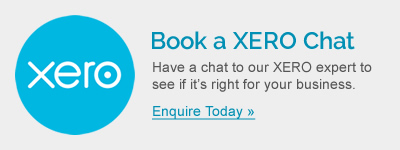What is a Family Trust?
Family trusts, also widely known as discretionary trusts, represent a broadly utilized structure for business entities in Australia. Family trusts are often chosen because of the distribution of profits they effect while also facilitating the protection of assets via a corporate trustee.
How Does A Trust Become A “Family” Trust?
In a general sense, the family trust and the discretionary trust are one in the same thing. However, in terms of their tax treatment, generic trusts are not classified as “family” trusts unless a specific election is made.
Explaining The Family Trust Election
The “FTE,” or family trust election is a wise choice under any of the four following situations:
1. the trust will carry forward tax loss amounts
2. the trust has ownership of an entity with losses
3. the trust is receiving dividend franking credits
4. the trust regularly distributes to a different trust
Typically, an entity’s accountant will prepare the FTE for inclusion in the tax return for the year in which it is first made. In subsequent years, a disclosure will be added to the first page of the enterprise’s tax returns.
Operation Of The Trustee
Family trusts do not exist on their own, but rather require the existence of a trustee. In essence, the trustee assumes control over the trust itself. The person establishing the trust may serve as trustee, or a company can also perform this role.
It should be noted that a family trust is considered separate and distinct from an individual, provided there is a named trustee. The trust will have its own financial statements and is set apart from the person or entities in control of it.
Distribution Of Profits Through The Trust
For purposes of profit distribution, a trust works as something of a conduit. This just means that profits enter the trust during the course of a year. These amounts ought not stay in the trust once the fiscal year comes to an end, lest the trustee have to pay taxes on this income at the top marginal rate, which is 47% at present.
Prior to the end of the fiscal year, it is necessary to prepare a distribution minute which will be signed and used to disclose all recipients of trust profits for the relevant time period.
Possible Selection Of Income Classes And Beneficiary Designations
The deed of trust will determine whether choices of this nature can be made. If a trust’s deed provides for distinctions among income classes, there is no restriction on such action. It would then be possible to create separations into categories such as business income, capital gains, franked dividends, and miscellaneous income.
Should Business Partners Be Included In A Family Trust?
It is not generally advisable to include a business partner in the establishment of a family trust. Instead, it would be wiser to look into alternative vehicle. Unit trusts, company trusts or perhaps a partnership that joins family trusts would make more sense, provided that the latter is designed to operate under a series of clear rules that govern how the relationship will work in practice.




